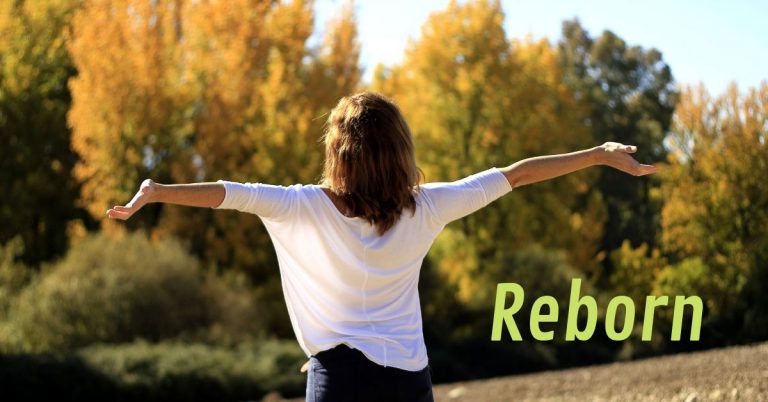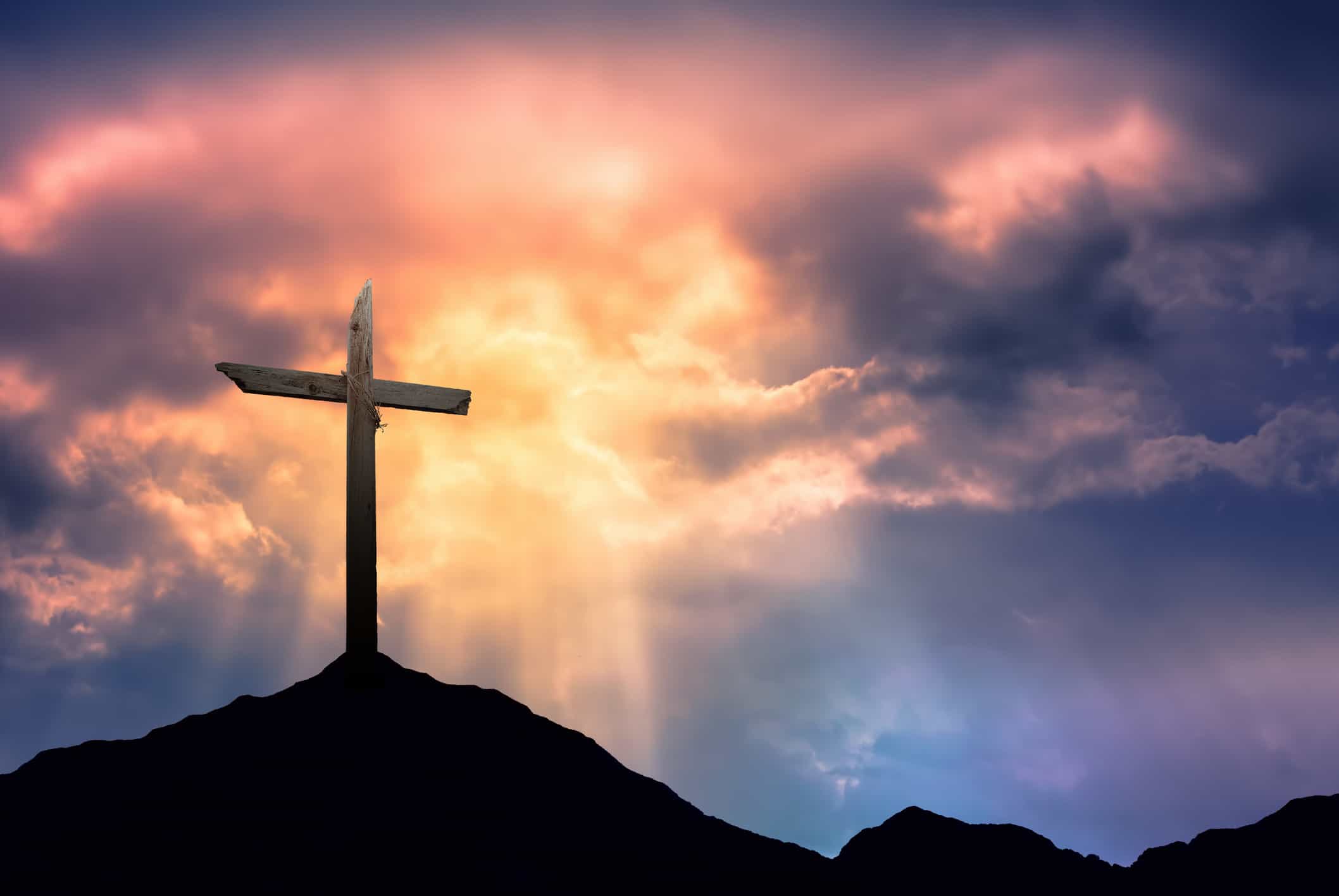Christian Initiation is a process for welcoming newcomers (inquirers) into the Roman Catholic Church. The Order of Christian Initiation of Adults (OCIA) is a set of rituals or ceremonies that mark and support that process.

Christian Initiation prepares you for the sacraments of Baptism, Confirmation, and Eucharist by providing a personal journey that leads to a transformation of mind and spirit, both for the you and for the entire parish. It will help you learn some basics about the Catholic faith; but, more importantly, to deepen your relationship with God.
Guided by the Gospel and the Holy Spirit, and by the examples set by the church members, it will help you find your place in the community of believers that is our Church.
You probably have a lot of questions about Christian Initiation at this point; for example,
Can you tell me more about the Initiation process?
It is a part of your faith journey to God! That journey of faith takes place over your entire life. All of us, including you, learn as we live our lives. We grow. We change. We gain insights. Hopefully, we build a deeper relationship with God as we experience Him in our lives. If you choose to pursue Christian Initiation, it will be one of the most important stages of your life’s faith journey. It is itself a journey within that journey, that can take place over weeks and months; sometimes even years. It’s meant to be a life-changing time.
This sounds big – are there any steps in the process?
Because it is so important, it’s broken down into several stages. Moving from one stage to another is marked by one of the rites in the OCIA.
Stage 1: Pre-Catechumenate
This is the earliest phase in the process. It is also known as the Period of Inquiry; an Inquirer is someone, like you, who is interested in learning more, but has not yet made any commitment. Inquirers acknowledge that Christ is calling them, through the movement of the Holy Spirit within. This is a time for you to reflect on that movement of the Spirit, and to discern whether or not the Catholic faith is what you are being drawn to.
Rite of Initiation
The OCIA contains several Rites, in which the community of believers comes together to witness to the work of the Holy Spirit and to acknowledge and support you. The rites mark your passage from one stage to another.
This first Rite in the OCIA, the Rite of Initiation, is how you are accepted into the worship community.
Stage 2: Catechumenate
This may be the longest part of the process for you. The Catechumenate is a time of learning and formation in the traditions and doctrine of the Catholic Church. We want you to not only discern the Spirit working within you, but to witness to its work within the entire Church of Jesus Christ. It is a period of deeper immersion in the Catholic faith. This is a time when we share stories, read and discuss scripture, and study Church customs, traditions and doctrine. You will also participate in worship services and various Church rituals, with the entire community.
Rite of Election
Depending upon your progress on your personal journey, you may choose to proceed to the next step on your journey. The entire formation team will help you discern if you are ready to be received by the Bishop and the community and to receive the Sacraments of Initiation at Easter. You are now considered one of the Elect.
Stage 3: Period of Enlightenment
This third stage focuses on prayer and spiritual reflection, and takes place right before the sacraments of initiation. This is a period of retreat and reflection focused on what you are about to receive and what you are about to promise.
Sacraments of Initiation
If you have chosen to become one of the Elect, you will probably be formally welcomed into the church community at the Easter Vigil (Holy Saturday). You have reached a milestone in your journey to a deeper relationship with God. With the reception of the Sacraments of Initiation – Baptism, Eucharist and Confirmation – you will be acknowledged as being in full communion with your brothers and sisters in the Catholic faith.
Stage 4: Mystagogy
This is a time of reflection and celebration after you are formally received into the Catholic Church. Mystagogia means “leading into the mystery”. Mystagogy is a reflection on the mysteries of life in Christ as revealed through participation in the sacraments and serves as the final preparation of newly initiated Catholics for that life.
Your journey has not ended. It will continue; hopefully, for the rest of your life.
What am I getting myself into here?
A. Well, really nothing.
What we mean is, that you are not making a commitment to anything in these early stages. You can leave this process at any time – although we really hope you won’t, of course!
The only real commitment you are making is a commitment of your time.
Time to ask question.
Time to get answers.
Time to learn.
Time to understand what you are feeling.
Time to understand what is going on in your heart.
Time to travel on your journey of faith.
Time to seek God.
Is there someone I can talk to about this?
A. Sure there is. St. Ann Parish has a complete team of people who can give you more information, answer your questions, and help you decide what the best course is . . . for you!
Start by calling our Office of Faith Formation at (302) 539-5443. Or, if you wish, you can e-mail Barbara Perricone, our Initiation team lead, by clicking here.
Everything is confidential and – remember – you don’t make any commitment by just asking for information.
What does it mean to be a Catholic?
A. Describing what it means to be Catholic isn’t easy to say with words; it’s something we should say with our lives.
But let’s try anyway.
There are many types of Christians: Methodist Christians, Baptist Christians, Episcopalian Christians, and so forth. A Catholic is a Christian as well, believing, as do all Christians, in Jesus as the Son of God, in His crucifixion on Good Friday and His rising on Easter in the Resurrection. As do other Christians, we believe in the undeserved gift of Jesus’ sacrifice, of the gift of God’s grace that we received through His death, and which we rely on for our salvation. In common with other Christians, we hold to a fundamental source of scriptural writings in the Bible. We believe in the Trinity. We believe that we should live by the teachings of Jesus, to accept his transforming love and to reveal it to those around us in our words and actions.
So, being a Catholic means first being a Christian.
The Catholic Church is the Church founded by Christ and his Apostles. It has a long history, which is reflected in its deeply Christian practices.
As we said at the beginning, it’s something we do. The best way to learn about Catholicism is to try it on, live it without reservation and test its results in your life. Being a Catholic makes a difference!
What if I just have some questions about being a Catholic?
A. There’s no better place than here. Just stop by and chat with us, ask any questions you may have. We may not know the answer right off, but we will get that answer for you!
Join us as an Inquirer.
Why do I need to deepen my relationship with God?
A. Well, that’s really the question, isn’t it?
Who are you? Many people will tell you that you need to discover yourself to gain a purpose in life, to empower yourself, to become motivated, or to make better decisions. But, in fact, we human beings are made for relationships. You can’t “find yourself” in isolation. You find yourself and learn what is important to you through relationships with others.
Here’s the thing: God already knows everything there is to know about you. What you really need to discover is the one who already knows who you are. When you meet God and enter a close relationship with Him, you will discover yourself, your priorities, and your motivations. Things begin to become clearer.
More than that, God loves you and calls you to share that love. It’s there to be accepted, a completely free gift that can open you up to a world you couldn’t otherwise imagine. A man who died 1,600 years ago, Augustine of Hippo, was lost and struggling as a young man. He found God, discovered God’s love for him, and became a beloved bishop in the early Church and is remembered by us as a saint. He once wrote, “To fall in love with God is the greatest romance; to seek Him the greatest adventure; to find Him, the greatest human achievement.”
Pope Francis once wrote, “If something should rightly disturb us and trouble our consciences, it is the fact that so many of our brothers and sisters are living without the strength, light and consolation born of friendship with Jesus Christ, without a community of faith to support them, without meaning and a goal in life.”
Why should we have a relationship with God? Because when we have that relationship we become fully human, fully alive.
What if I don’t want to continue with my inquiry?
A. Hey, that’s ok! Life is kind of complicated sometimes; sometimes we just need some space to think about things before we do something. You can leave at any time; and, you can return at any time We’d just like to hear from you before you leave, because we want to make sure everything is ok with you.
And you’re free to come back any time, as many times as you’d like. You’re operating on God’s schedule, not ours.
What if I DO want to continue?
A. That’s an easy one – just continue to meet with us. We’ll guide you through the process and on your journey, as far as you’d like to continue, and when you’re ready to continue.
Will I be attending “convert classes”?
A. Well, not all the time. There will be a component of “classroom” learning (catechesis) as we go through the process. But our bigger goal is to help you to develop and deepen your relationship with Jesus Christ. We’ll also be trying to demonstrate to you the many different ways people in our parish live out that kind of a relationship.
It’s really tough to describe what a Catholic is. It’s a lot easier to show you.
What will I be learning about?
A. That depends on where you are on your faith journey. One size doesn’t fit all, and we’ll try to tailor your journey to your individual needs. Basically, though we want you to learn about Jesus Christ, the salvation and redemption he has offered us, and how our church community responds to that offer. There are some things Catholics believe and practice that may be rooted in Scripture, but different from other Christian traditions. We want to be sure you know what those are, too.
Isn’t there a lot to learn before I become a Catholic?
Remember that our most important task is to point you to Jesus, His redemption, and our response to that as a church community. We’ll certainly be talking to you about what it means to be a Catholic Christian, what we believe in, what we hold to be important, and how we respond to the gift of grace. But remember that your faith journey is life-long. We’re all on that journey and learning is never complete. It just doesn’t end.
Who will be accompanying me on my journey?
A. That would certainly include us, the parish Initiation team. But really all of the members of our parish are invited to join us, in different ways, depending upon their talents and experiences, and your needs.
When would we meet?
A. It varies, so please be patient with us. We’ll have some regularly scheduled meetings, usually on Sunday, following 10:30 AM mass. But we certainly want to involve you with our Sunday Eucharistic celebration as well, as often as possible; so, as you progress, there’s a need for you to attend the 10:30 mass itself. And there may be other occasions when we’d like you to join us, in other parish activities. Our community is a pretty busy group, and we’d like you to experience as much of it as possible.
How long will it take?
Again, without knowing where you are on your faith journey, it’s impossible to say, other than it lasts however long you need it to. Some people are ready quickly, for others it may take longer. It is a process of growth and learning, not just a program that you go through and graduate from.


